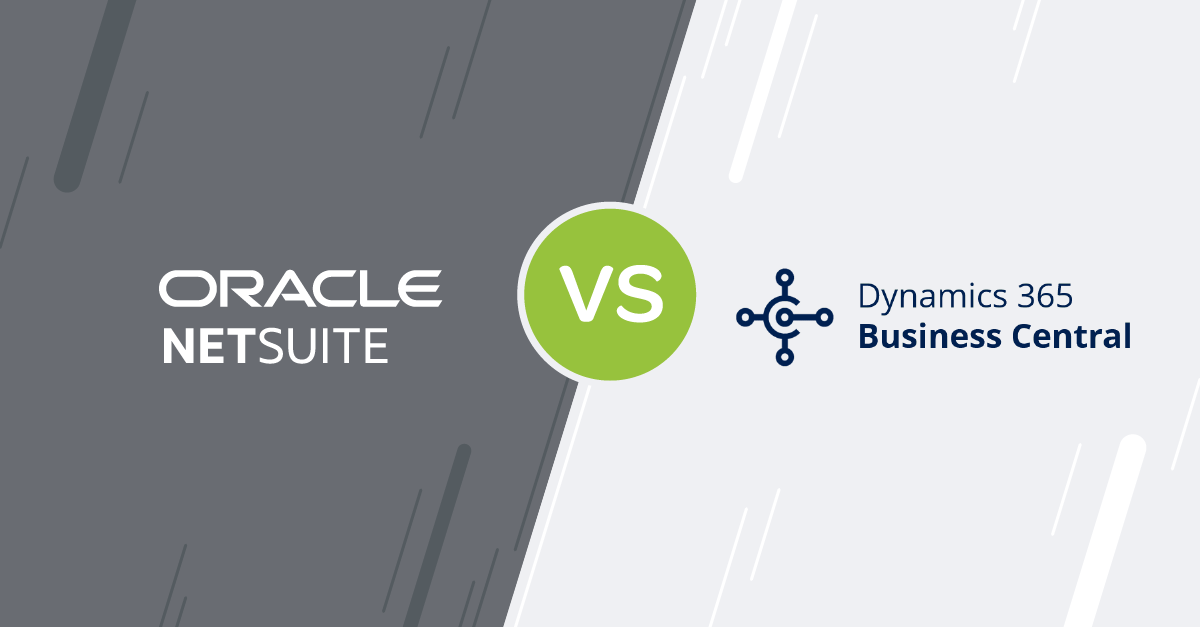Blog
Share this
5 Ways Disparate Systems are Costing You

by Carly Caines on August 27, 2025
"Our sales team had to call the office to find out if stock was available."
That line says it all. When your systems don’t talk to each other, your processes break down. The cost shows up in wasted time, errors, lost sales and frustrated employees.
Now think about your own setup. How many different software applications are running across your entire business right now? 10? 20? More? The number might surprise you once you consider every tool your teams rely on—accounting, spreadsheets, CRM, inventory, project management tools and beyond.
For many small and mid-size businesses, this patchwork happens slowly. You start simple, then add new systems as you grow. Before long, you are juggling 10 or 15 separate tools and none of them are integrated.
Many companies operate this way for years. You add workarounds to your systems. You might even hire more people to handle the highly manual processes. You can usually manage through the pain for a while. But there comes a time when you have to ask: How are disparate systems impacting my business?
In short, the impact is significant (and costly). But let’s dig into the five major ways your disparate systems are crippling efficiency and costing you money.
- You’re losing time to manual processes
- Data entry errors make your data unreliable
- You lack access to information
- Your IT landscape is increasingly complex to manage
- Training staff on multiple systems is cumbersome
What are disparate systems?
Disparate systems are separate tools that don’t share data automatically.
Examples include Excel spreadsheets, QuickBooks, a standalone CRM and an inventory system that operates in its own silo.
How your systems are costing you
1. You’re losing time to manual processes
A certain amount of manual effort is unavoidable (even though we’d love to automate everything)! When your team is getting bogged down by manual effort, it typically impacts the business in one of three ways:
- Managing data – Exporting data from one system and importing into another, or worse, manually re-entering the same data in multiple systems is not only time consuming but prone to errors.
- Delivering to customers – Simply finding information takes too much time. You’d be surprised how much this can hold up the work, delaying delivery to your customers.
- Compiling reports – When your data is stored in separate systems, it can take days—or even weeks—to pull data, reconcile it and compile into usable reports you need to run the business.
2. Data entry errors make your data unreliable
Manual data entry is prone to mistakes. The average benchmark for manual data entry is a 1% error rate, and while that seems like a low percentage, it adds up quickly across all the manual entries put into your system each day. And each time that data is being moved from one system into another, the risk multiplies.
Consider this scenario...
You have the same data in two different systems, but the data doesn’t match.
What’s the cost to dig into that discrepancy and figure out which version of the data is correct?
It might be tough to put an exact number to it, but the 1-10-100 rule illustrates the cost of quality quite well.
- Prevention: It costs $1 to verify the accuracy of data as you enter it.
- Correction: It costs $10 to correct or clean up data inaccuracies after the fact.
- Failure: It costs $100 (or more) if you do nothing to correct the data.
Obviously, the ideal is to prevent data inaccuracy with proper processes, systems and training. But this is very difficult to achieve when you’re running disparate systems. There are simply too many data entry points and opportunities for human error.
3. You lack access to information
When we talk with SMEs looking to upgrade to an ERP software solution, one of the most common complaints is that they lack reporting capabilities.
As we’ve touched on, quality reporting is a challenge when you’re pulling data from multiple systems and trying to combine them into something that makes sense. Quite often, by the time you have the report in hand, the information is already stale, so you’re making decisions based on old data. Or you take every report with a grain of salt, because you know there are significant inaccuracies in your data.
Any way you look at it, running disparate systems will always put you at a disadvantage when it comes to getting true visibility into your business. That limits your ability to make timely, informed decisions and often leaves you managing by gut instinct.
4. Your IT landscape is increasingly complex to manage
You might look at the cost of an ERP system and think it’s too expensive. But running a collection of disparate systems can be surprisingly costly. First, there’s the cost of the systems themselves— whether you’re paying a monthly subscription, or you’ve purchased perpetual licenses, there’s a cost to use each solution. You may also have maintenance fees associated with perpetual licenses to stay up to date with the latest features.
Things get significantly more complex if you have integrations between any of the tools, as you have to keep upgrades and maintenance cycles in sync to ensure your integrations don’t break. With every tool or integration you add to the mix, the complexity of your complete ‘solution’ increases. You’ll need more sophisticated IT resources to properly manage and maintain this, whether you hire them internally or outsource to an IT services company.
5. Training staff is cumbersome
Onboarding new employees and getting them fully up-to-speed will always take time. But every new system you have is another hurdle for them to learn. Because you use different systems for different tasks, your processes are more complex. Naturally, it will take longer for new employees to wrap their head around the processes, get used to each user interface and understand where to go for information.
Then consider the impact on data accuracy. In most cases, you’ll see a brief spike in data errors with a new employee, as they understand their role and your processes. But when you already have a high error rate, combined with a lengthy onboarding time, the impact multiplies quickly.
Is it time to re-evaluate your systems?
It might seem easier to stick with what you know. But if you’re losing hours every week to inefficient processes, inaccurate data and slow reporting—the cost adds up fast. And it doesn’t just affect your internal team. It affects your customers, your cash flow and your ability to grow.
Ask yourself these questions:
- Are you manually entering the same data more than once?
- Do you trust the reports you’re using to make business decisions?
- Does your team find it challenging to get the answers they need, when they need them?
- Are you struggling to onboard new employees quickly?
If these are ringing true for you, it might be time to explore ERP. As a leading ERP partner, helping small and mid-size companies overcome these challenges is what we do.
While ERP can streamline your operations and connect your systems, is now the right time to invest? Take our ERP Need Assessment to find out. You’ll get a personalized report with clear next steps based on your current processes, challenges and business goals.
Frequently asked questions
What are examples of disparate business systems?
When people talk about disparate systems, they usually mean systems that are separate, standalone applications. Some of the most common examples include QuickBooks, an Excel spreadsheet, a standalone CRM software or an ecommerce platform that doesn't automatically integrate with the rest of your business.
Why is data duplication such a big problem?
Data duplication can become a big problem for your business because it increases your risk of errors and forces your team to waste time reconciling data manually. This can also result in costly decisions and missed opportunities!
Can I integrate my systems instead of replacing them with ERP?
You can, but integrations often add significant complexity and cost to your business. It's worthwhile to consider the long-term efficiency of ERP.
Is ERP only for big companies?
Not at all. There are many modern and user-friendly ERP solutions that are designed specifically for small businesses looking to grow.
Share this
Stay in the Know!
Join other SMEs who receive our monthly ERP insights, tips and best practices.
You may also like

ERP Funding for Canadian Businesses

Should You Work with a NetSuite Implementation Partner or Go Direct?



